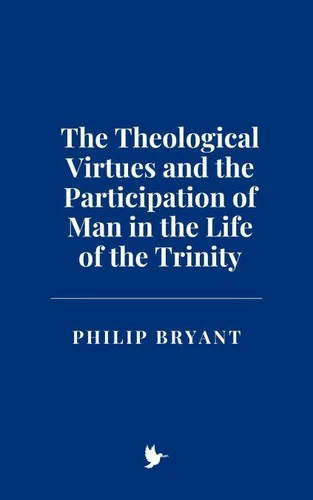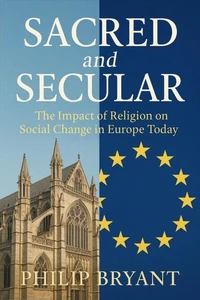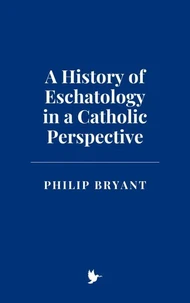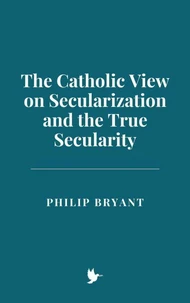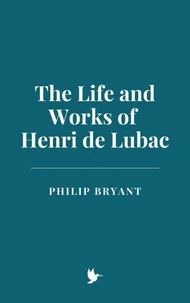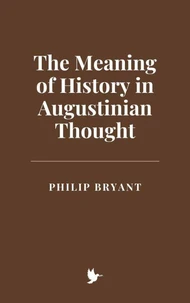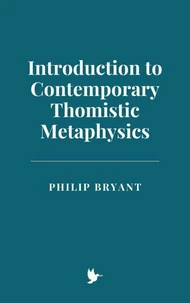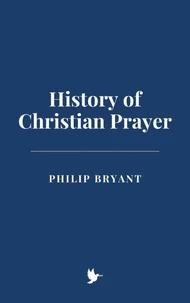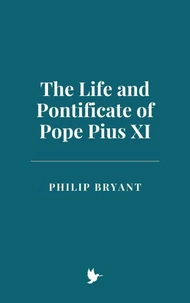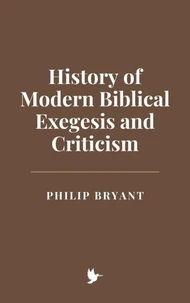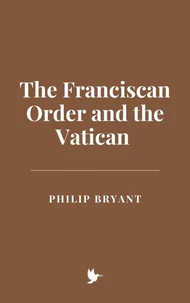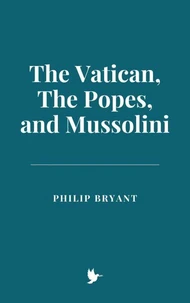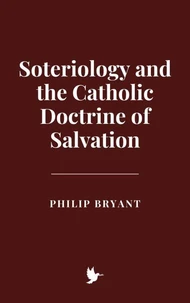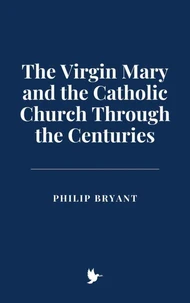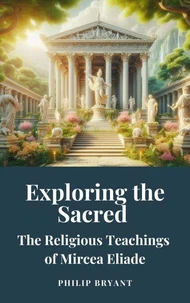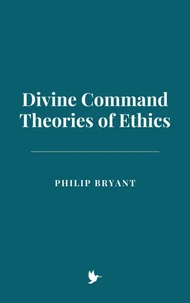The Theological Virtues and the Participation of Man in the Life of the Trinity
Par :Formats :
Disponible dans votre compte client Decitre ou Furet du Nord dès validation de votre commande. Le format ePub est :
- Compatible avec une lecture sur My Vivlio (smartphone, tablette, ordinateur)
- Compatible avec une lecture sur liseuses Vivlio
- Pour les liseuses autres que Vivlio, vous devez utiliser le logiciel Adobe Digital Edition. Non compatible avec la lecture sur les liseuses Kindle, Remarkable et Sony
 , qui est-ce ?
, qui est-ce ?Notre partenaire de plateforme de lecture numérique où vous retrouverez l'ensemble de vos ebooks gratuitement
Pour en savoir plus sur nos ebooks, consultez notre aide en ligne ici
- FormatePub
- ISBN8230992844
- EAN9798230992844
- Date de parution19/02/2025
- Protection num.pas de protection
- Infos supplémentairesepub
- ÉditeurIndependently Published
Résumé
The concept of the theological virtues-Faith, Hope, and Charity-has deep roots in Christian theology and philosophy, reaching back to the early Church and expanding through the Middle Ages into the modern era. These virtues are not just ethical ideals or personal attributes, but are seen as gifts that allow human beings to participate in the divine life of the Trinity. The theological virtues enable a person to relate to God, shaping their entire spiritual existence, and are intertwined with the very nature of the Godhead itself.
The notion of the Trinity, too, has evolved over centuries, from its initial revelation in the New Testament to the systematic theology developed by the early Church Fathers, to its place at the heart of Christian dogma. Understanding the theological virtues in light of the Trinity is to understand the heart of Christian life-how the divine mysteries of God, Father, Son, and Holy Spirit, intersect with the soul of man, enabling a participation in the divine life.
The notion of the Trinity, too, has evolved over centuries, from its initial revelation in the New Testament to the systematic theology developed by the early Church Fathers, to its place at the heart of Christian dogma. Understanding the theological virtues in light of the Trinity is to understand the heart of Christian life-how the divine mysteries of God, Father, Son, and Holy Spirit, intersect with the soul of man, enabling a participation in the divine life.
The concept of the theological virtues-Faith, Hope, and Charity-has deep roots in Christian theology and philosophy, reaching back to the early Church and expanding through the Middle Ages into the modern era. These virtues are not just ethical ideals or personal attributes, but are seen as gifts that allow human beings to participate in the divine life of the Trinity. The theological virtues enable a person to relate to God, shaping their entire spiritual existence, and are intertwined with the very nature of the Godhead itself.
The notion of the Trinity, too, has evolved over centuries, from its initial revelation in the New Testament to the systematic theology developed by the early Church Fathers, to its place at the heart of Christian dogma. Understanding the theological virtues in light of the Trinity is to understand the heart of Christian life-how the divine mysteries of God, Father, Son, and Holy Spirit, intersect with the soul of man, enabling a participation in the divine life.
The notion of the Trinity, too, has evolved over centuries, from its initial revelation in the New Testament to the systematic theology developed by the early Church Fathers, to its place at the heart of Christian dogma. Understanding the theological virtues in light of the Trinity is to understand the heart of Christian life-how the divine mysteries of God, Father, Son, and Holy Spirit, intersect with the soul of man, enabling a participation in the divine life.

